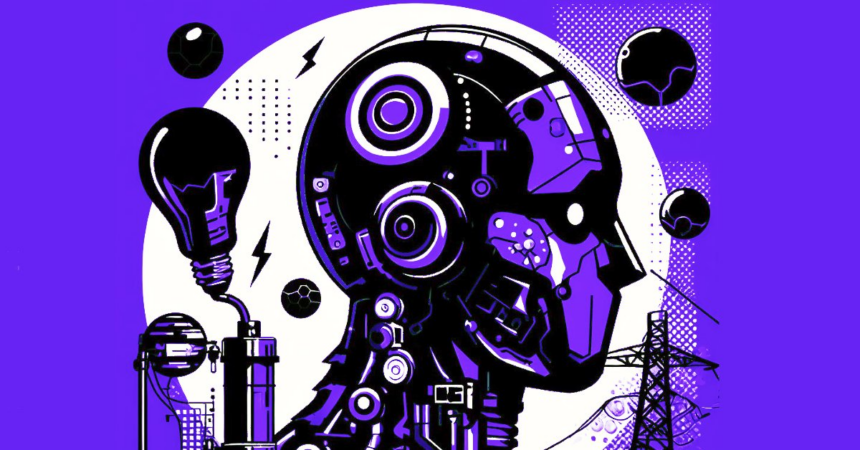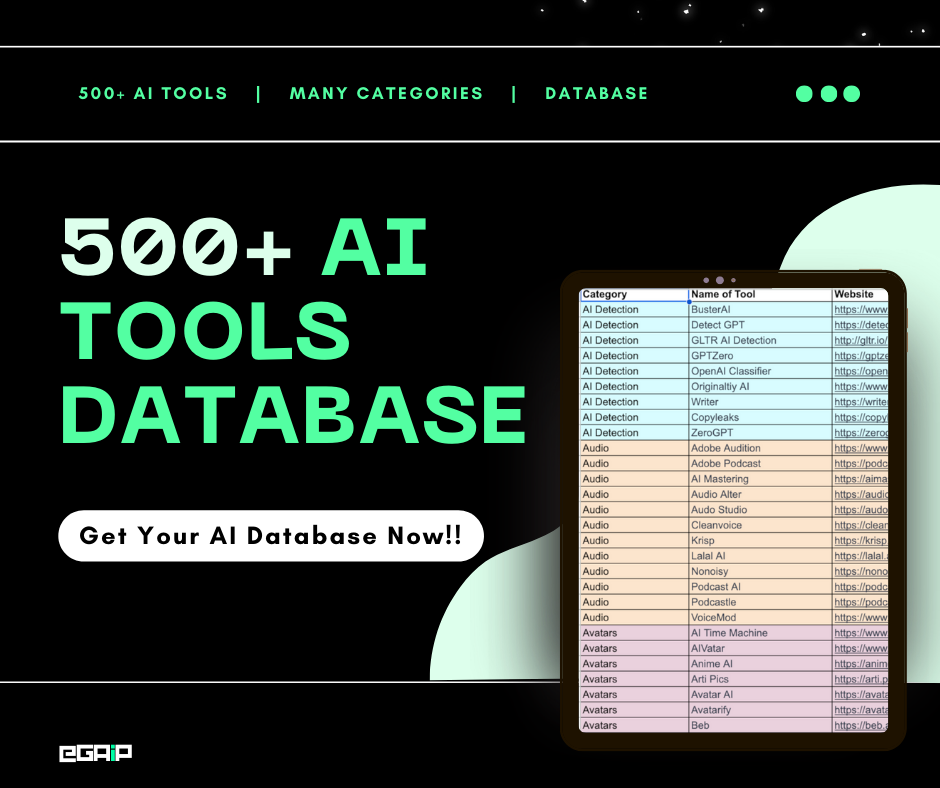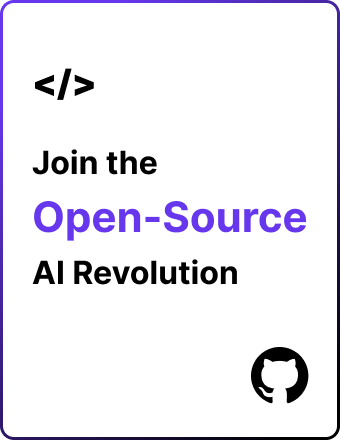- OpenAI's ChatGPT technology, while popular, has an increasing power demand, potentially matching entire countries' annual usage.
- Nvidia remains a dominant player in the AI hardware arena, with their chips considered more energy-efficient.
- California is leading with new climate disclosure laws, urging companies to be transparent about their carbon footprints and climate-related financial risks.
October 11, 2023: Google Cloud’s innovation in the AI sector, the acclaimed OpenAI’s ChatGPT, while revolutionary, comes with a growing concern: its rising energy consumption.
Noted for its rapid adoption by approximately 100 million users within just two months, the underlying technology leans heavily on a multitude of specialized computer chips.
As AI continues to expand its footprint, the power it might draw is causing eyebrows to raise.
A recently published peer-reviewed analysis projected a concerning figure. By the year 2027, AI servers might consume between 85 to 134 terawatt hours (TWh) annually.
To put that into context, such an amount is comparable to the yearly power consumption of nations like Argentina, the Netherlands, and Sweden.
It also equates to roughly 0.5% of the globe’s current electrical usage. Alex de Vries, the analyst behind the study, stated, “The numbers…they are not small.”
This hike in electricity usage could escalate global carbon emissions. The carbon footprint largely depends on the origin of the electricity, be it from green energy sources or fossil fuels. In 2022, excluding cryptocurrency mining, data centers consumed 1 to 1.3% of global electricity.
Alex de Vries, a student at Vrije Universiteit Amsterdam, emphasized the difficulties in precisely gauging AI’s energy consumption. Many tech giants, including OpenAI, typically remain tight-lipped about their operations.
De Vries, however, formulated an estimate based on the expected sales of Nvidia A100 servers, a hardware choice popular among 95% of the AI industry.
The AI world’s reliance on Nvidia’s technology underscores the company’s dominance. Its specialized chips stand out, with Nvidia emphasizing its superior energy efficiency compared to conventional chips.
Nonetheless, the race to amplify and refine AI models can sometimes overshadow environmental concerns. Roberto Verdecchia, an academic from the University of Florence, suggested a more balanced approach, “Let’s not make a new model to improve only its accuracy and speed…look at how much are we burning in terms of environmental resources.”
Simultaneously, on the legal front, California is spearheading a transparency push in the climate arena. Governor Gavin Newsom recently signed into law two major climate disclosure regulations.
These dictate that large enterprises operating in California, including tech behemoths like OpenAI and Google, must be transparent about their climate impacts.
By 2026, companies earning over $1 billion annually must disclose their carbon footprint, and by 2027, this disclosure must extend to their supply chains. A separate directive mandates that companies with revenues above $500 million must report their climate-related financial risks by 2026.
These groundbreaking regulations, the first of their kind in the U.S, will likely set a precedent for other states and possibly lead to federal standards.
This legislative push reflects growing global initiatives towards climate transparency.
Despite facing political hurdles and potential alterations in the future, these measures mark a pivotal step towards combating the climate crisis.





